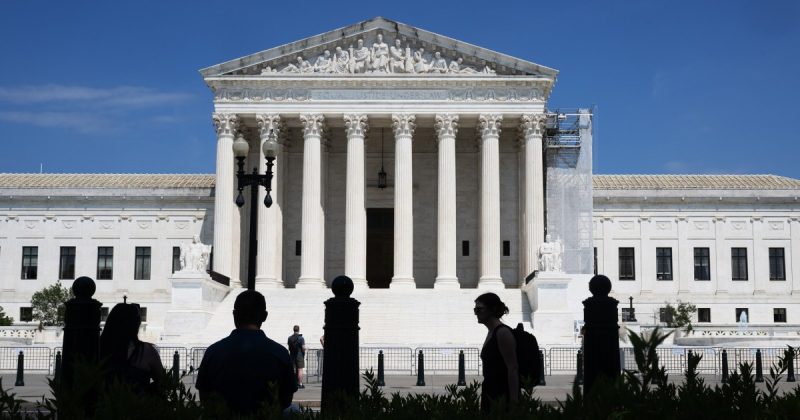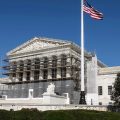
The Supreme Court’s recent decision to allow the Trump administration to revoke Temporary Protected Status (TPS) for thousands of Venezuelans has sent shockwaves through immigrant communities. This ruling effectively greenlights the potential deportation of over 300,000 individuals who have sought refuge in the United States. The decision, handed down on Monday, grants the administration’s emergency application to overturn a Biden-era policy extension. Justice Ketanji Brown Jackson dissented, highlighting the potential consequences for those affected.
The Trump administration’s push to rescind TPS for Venezuelans is a key component of its broader hard-line immigration stance. The original designation, granted during the Biden administration in March 2021, recognized the political instability and humanitarian crisis in Venezuela. This designation allowed Venezuelan nationals already in the U.S. to obtain legal status and work permits. However, a subsequent extension, made in October 2023 and set to expire in October 2026, is now at risk due to the Supreme Court’s decision.
Homeland Security Secretary Kristi Noem initiated efforts to revoke these protections in February, prompting a legal challenge. A California-based district judge, Edward Chen, temporarily blocked Noem’s actions, expressing concerns about potential racial bias in the decision and emphasizing the risk of imminent deportation for affected immigrants. The Trump administration, however, argued that the courts lacked the authority to review Noem’s decision. The Supreme Court, in its brief order, sided with the administration, clearing the way for the revocation of TPS.
This ruling has been met with fierce criticism from immigrant rights advocates and legal experts, who argue that it undermines the judicial process and ignores the precarious situation in Venezuela. Concerns have been raised about the potential for widespread deportations to a country currently experiencing significant political and economic turmoil. The National TPS Alliance and individual Venezuelans are expected to continue the legal battle in lower courts, but the Supreme Court’s decision significantly weakens their position.
This decision marks a significant setback for Venezuelan immigrants seeking refuge in the U.S. and comes just days after another Supreme Court ruling against the Trump administration on a separate immigration case involving the Alien Enemies Act. While that ruling offered a small victory for immigrants, this latest decision casts a long shadow on the future of thousands of Venezuelans currently residing in the United States.










